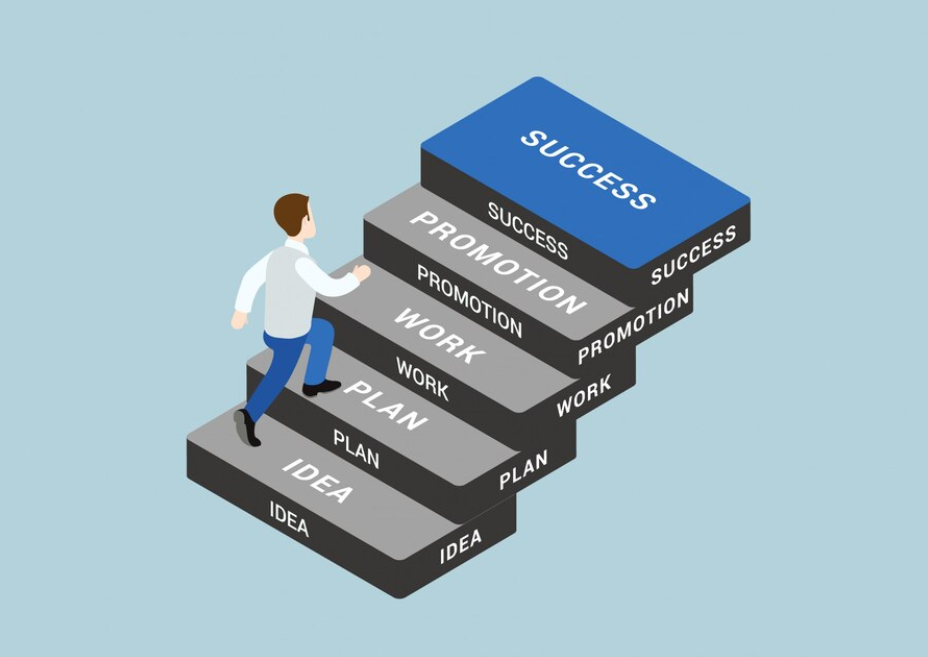Resilience in the workplace has been a buzzword for some time. Yet, with the rapid changes in the modern professional landscape, it's taken on new meaning and urgency. In the face of unprecedented challenges, employees everywhere are seeking tangible steps to not only weather the storm of crisis but to emerge from it stronger, more informed, and more adaptable. From this employee-centric perspective, let's delve into six key steps that can serve as a guidepost through any professional tempest.
1. Acknowledge and Accept
The first step in any healing or recovery process is acknowledgment. Whether it's a global economic downturn, an organizational reshuffle, or a personal professional setback, accepting the reality of the situation is paramount.
Employee Insight: Give yourself permission to feel. It's okay to be overwhelmed, scared, or uncertain. Recognizing and accepting your emotions can provide clarity and pave the way for constructive action.
2. Seek Information and Understand Context
In times of crisis, misinformation can run rampant, leading to unnecessary panic and poor decision-making. By actively seeking accurate information and understanding the broader context, you can position yourself to make informed decisions.
Employee Insight: Engage with reliable sources, be it company communications, trusted news outlets, or industry experts. Avoid the rumor mill, and encourage colleagues to do the same. Knowledge truly is power.
3. Prioritize Well-being
During tumultuous times, it's easy to neglect self-care. Yet, personal well-being—both mental and physical—is the foundation of resilience.
Employee Insight: Establish a routine that includes regular breaks, physical activity, and mindfulness practices. Consider connecting with professional support if needed. A well-maintained body and mind are better equipped to navigate challenges.
4. Foster Connection and Collaboration
Isolation, whether physical or emotional, can exacerbate the impact of a crisis. By actively seeking connection and collaboration, you not only gain support but also benefit from diverse perspectives, which can lead to innovative solutions.
Employee Insight: Regularly check in with colleagues, superiors, and mentors. Virtual coffee breaks, brainstorming sessions, or just a simple chat can break the monotony and provide much-needed emotional support.
5. Adapt and Innovate
Crises, while challenging, can also be catalysts for change. By adopting a proactive mindset, you can pivot, adapt, and find novel solutions to emerging challenges.
Employee Insight: Re-evaluate your professional goals, upskill if necessary, and be open to change. The ability to adapt is a hallmark of resilience. Consider this an opportunity to reinvent and fortify your professional self.
6. Reflect and Document
Every crisis, regardless of its nature, offers lessons. By actively reflecting on experiences and documenting insights, you ensure that the wisdom gained isn't lost but is instead leveraged for future challenges.
Employee Insight: Keep a professional journal. Document challenges faced, solutions attempted, emotional responses, and lessons learned. This not only serves as a future reference but also offers a therapeutic outlet.
Conclusion:
In a world where change is the only constant, the ability to navigate crises has become an invaluable professional asset. While challenges can be daunting, by following these six steps, employees can ensure they're not only weathering the storm but are also charting a course towards a brighter, more resilient future. Remember, it's not just about bouncing back; it's about moving forward with newfound wisdom, strength, and adaptability.





